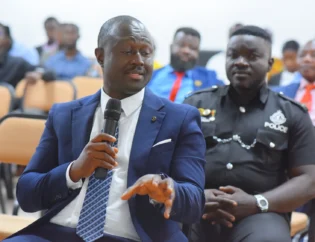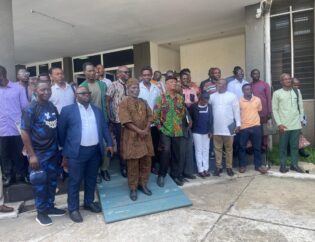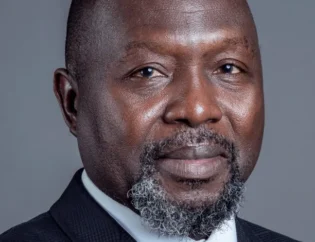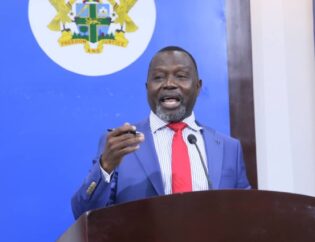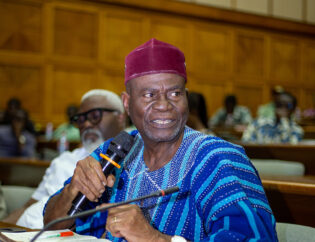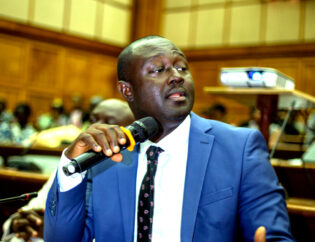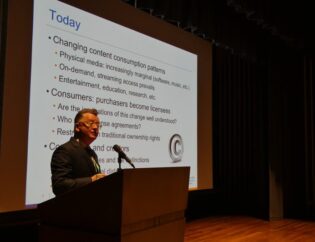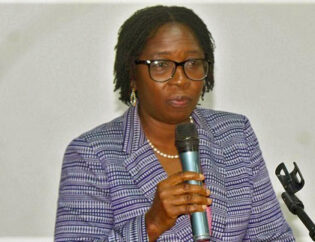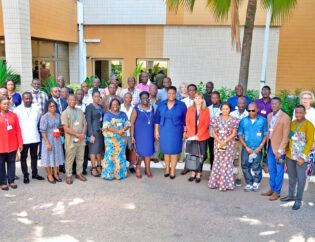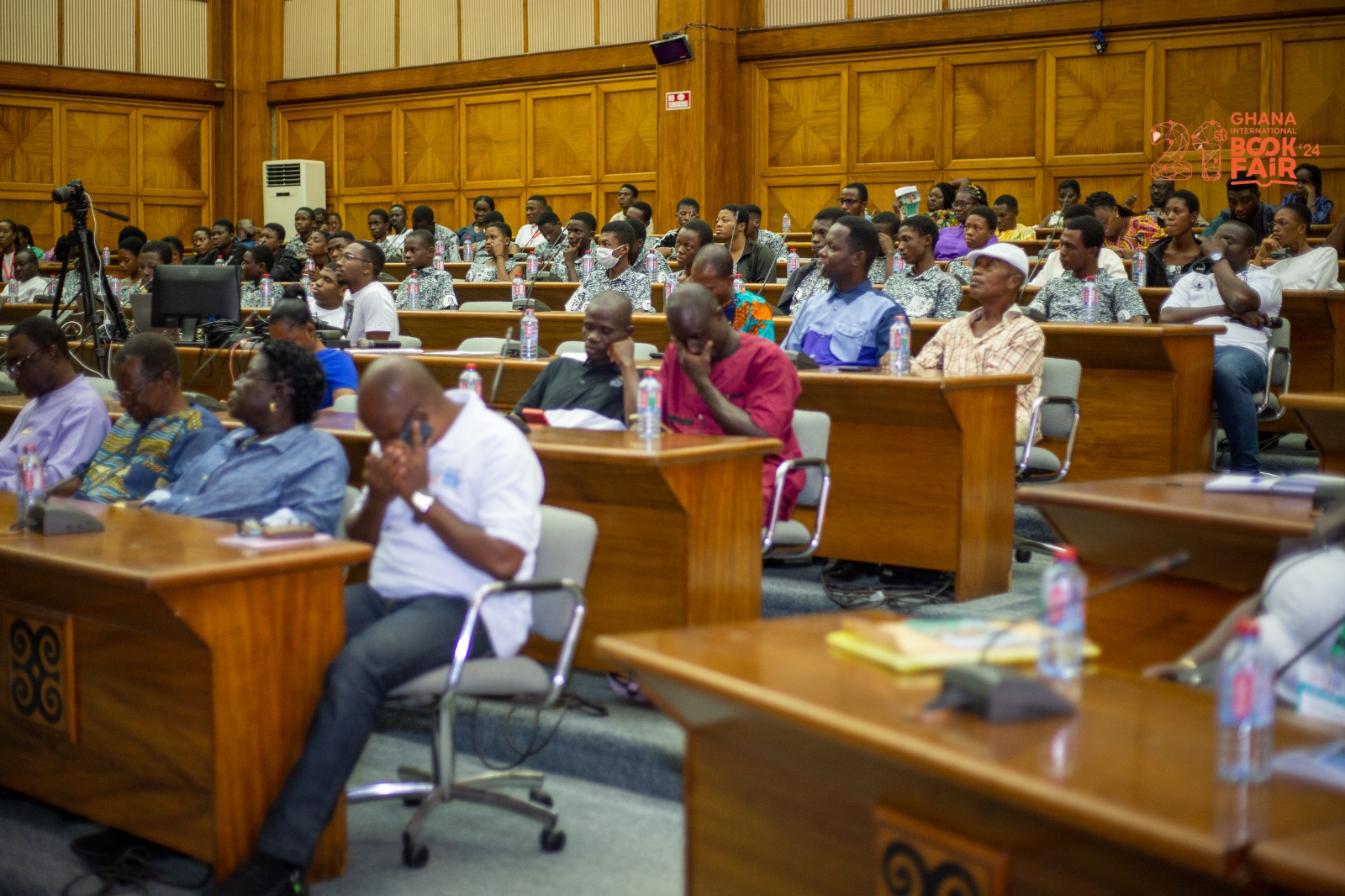
The Reproduction Rights Organisation of Ghana (CopyGhana), with the objective of educating text and image-based creators and users on essential copyright issues, held a nationwide sensitization workshop across the Greater Accra Region, Northern Region, Ashanti Region, and Central Region.
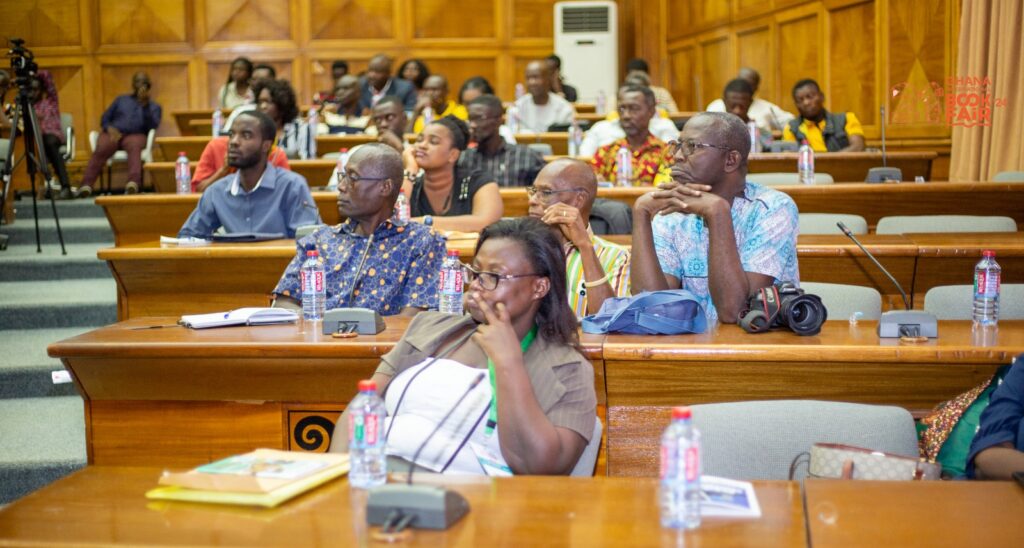
This event, organized by CopyGhana in partnership with the International Federation of Reproduction Rights Organizations (IFRRO) and the World Intellectual Property Organization (WIPO), with support from the Copyright Office of Ghana, was centered on the theme “The Relevance of Collective Licensing on Text and Image-Based Works in the Digital Transformation Era.”
Speaking on "Collective Licensing and the Copyright Laws of Ghana," His Lordship Justice Poku Adusei, a Justice of the Appeals Court, explained that Collective Management Organizations (CMOs) like CopyGhana play an essential role in enforcing the rights of creators—authors, artists, etc.—in cases where it is impossible for them to individually monitor the use and reuse of their works across various institutions and jurisdictions. He further explained that collective licensing, carried out by CMOs, provides an efficient and cost-effective means for satisfying both creators and users.
Justice Poku Adusei noted that CopyGhana is legally backed by the Ghana Copyright Act 2005 (Act 690), the Copyright Regulations L.I. 1962, and the Copyright (Amendment) Regulations L.I. 2469. Quoting Regulation 37A of L.I. 2469, he stated that a literary rights society like CopyGhana has the authority to determine fees for photocopying and digital copying of works protected by copyright in educational institutions and other organizations where literary works are regularly reproduced. In view of this, he emphasized the necessity for user institutions to sign licensing agreements and pay the blanket fee to CopyGhana to protect themselves from potential copyright infringement claims.
Ms. Sarah Tran, Head of Regional Policy at IFRRO, then presented on the vital topic of "Generative AI and Copyright Violations" and discussed global efforts to protect the interests of rights holders. According to a survey conducted this year by the UK CMO, DACS, 96% of visual artists stated that they had not given permission for AI models to be trained using their work. This underscores the fact that generative AI tools, such as DALL-E and Midjourney, have been trained on millions of copyrighted works without permission or payment to rights holders. As a result, there have been claims of mass copyright infringement, leading to numerous lawsuits against technology companies that own or control generative AI models. International bodies addressing this issue include the UN, WIPO, and OECD. At regional levels, the EU AI Act has come into force, and the ASEAN Guide on AI Governance and Ethics has also been developed.
Ms. Sarah Tran, representing IFRRO, advocated for the responsible and fair training of Large Language Models (LLMs) that respect copyright laws and owners, which will yield better outcomes for all parties. She highlighted that licensing is viewed as the most efficient approach to reconciling AI technologies with copyright laws. She reported that the USA’s Copyright Clearance Center has already introduced a collective licensing subscription for AI systems, with other Reproduction Rights Organizations (RROs) also working on rolling out AI licenses. Quoting Tracy Armstrong, the president of IFRRO, she stated, “It is possible to be pro-human innovation and pro-AI; however, in the process, rights must be protected, and AI must be used responsibly.”
Mr. Olav Stokkmo, a WIPO/IFRRO consultant, continued by discussing "Collective Management in the Digital Age." He reiterated that collective management is crucial for providing financial benefits to rights holders through the use of their work. Through collective licensing, users can legally access works, while society benefits economically from this structured framework.
With the advancement of technology, Olav Stokkmo emphasized that CMOs should focus on licensing both traditional photocopying and digital uses in various institutions, including educational institutions, libraries, public administration, and more.
The sensitization event concluded with a presentation by Dr. Magnus Ebo Duncan on the findings of a survey conducted by CopyGhana in 2023, which revealed evidence of unauthorized digital uses of copyright-protected materials in tertiary institutions, confirming the need for digital licensing.
